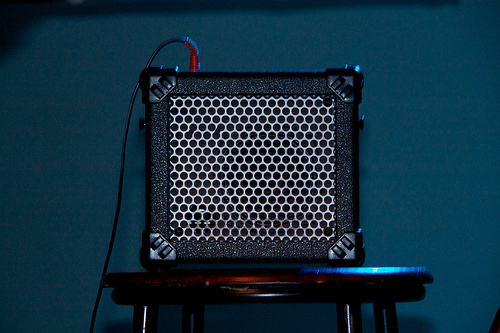How a Good Editor Amplifies Your Voice

The “Now What?” Months are here! In 2014, we’ll be bringing you advice from authors who published their NaNo-novels, editors, agents, and more to help you polish November’s first draft until it gleams. Author of Wrong Place, Wrong Time , Tilia Jacobs explains why you can’t write a novel by yourself… and how to find the right editor :
You need an editor. That story of yours? That you love, that carry around all day and take to bed at night; that story that made you a novelist?
It’s lost.
Well, not lost. Buried. In your manuscript, deep within the jumble of exuberant mediocrity that is a one-month first draft. Fortunately, you know that no one writes a book alone. Witness the acknowledgements section of many a novel; a good editor is a story-magician. But how to find one? And work with one?
Let’s consider your hypothetical editor’s qualifications. He or she needs to be:
a qualified reader/writer; and
willing to tell you the truth.
This narrows the field. Mom and Dad and Aunt Ida, who have had you pegged for a literary genius since you spelled the cat’s name with marbles when you were three can take a powder. Your editor should be an utterly merciless professional.
Michael Marano, a writer and my editor, found his own editor through writers’ conferences and genre conventions.
“Rather than get my stuff looked at by people who were at my level of writing…I wanted to be critiqued by professionals,” he explains. “I found the conferences via listings in writers’ publications and publications specializing in my genres, which you can find in the reference room of your local library.”
When you find an editor, make sure he or she understands your story and how to tell it. If you favor a Hemingway-esque style but your editor has your characters sounding like ambulatory thesauruses; if you have written a Civil War-era historical drama and your editor suggests werewolves; walk away. An editor’s only agenda should be improving your work, not writing through you.
Next, be prepared to embrace two contradictory impulses.
First, bow to your editor’s superior wisdom.
Second and simultaneously, trust your gut, even if it contradicts your editor.
It’s a balancing act. If your editor never tells you anything new, he or she is not doing his job. If you never accept criticism, you’re not doing yours. But if you agree with your editor 100% of the time, they just might be doing your job.
Whenever I get a manuscript back from Michael, complete with supportive comments (“Aaargh! You know better than this!”), I find that about two thirds of his notes make me exclaim, “Wowza—he is so right!” About a quarter of them make me say, “Well, I don’t agree but I see where he’s coming from.” For the remainder I simply hoot, “Hah! Mike is so wrong!”
And that is a good ratio.
Strive for enough common ground for you to work together, and enough differences that your voice, not your editor’s, comes through. A bad editor makes you sound more like themselves. A good editor makes you sound more like you.
Tilia Klebenov Jacobs holds a Master of Theological Studies from Harvard Divinity School and a Secondary School Teaching Certification from the Harvard Graduate School of Education. Despite lacking the ability to breathe fire except in the strictly metaphorical sense, Tilia has taught middle school, high school, and college. Tilia lives near Boston with her husband, two children, and two standard poodles.
Top photo by Flickr user A. Galassi.
Chris Baty's Blog
- Chris Baty's profile
- 63 followers




